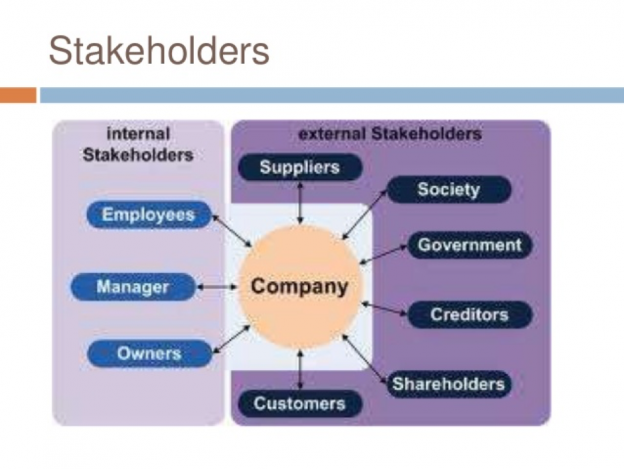In every corporation, employees’ jobs are to perform their respective roles to strive for the success of the corporation. An interesting question to be asked is “what define the success?” Often we hear people suggest that the success is all about delivering the maximum values to its stakeholders. To further probe – who are the stakeholders? Whose stakeholders’ interest that are relevant in this context? How Stakeholder Theory can be applied and why ethics is even relevant to the success of business corporations? Let’s examine a real example.
Uber, a very successful and innovative company achieves unbelievable growth without actually owning any cars/taxis. However, what we all initially saw was just the tip of an iceberg. Uber was very focused on delivering growth and service to its customers, but failed to recognize that its employees and business partners are important stakeholders too. Uber employees “hate their corporate culture” of competitiveness [,] peer harassment which resulted in departures of many senior managements/ employees,(Forbes.com, 2017) In a short run, Uber business may continue to grow. However, the sustainability of its business becomes questionable.
The question is thourough consideration given to these negative outcomes? Did the corporation pay much attention to assess the impact to various stakeholders apart from their target customers? Was the ethics aspect even considered before the product was launched?
We could go on and on with similar examples that have happened with many successful companies who claimed that their goal was to maximize stakeholder value. In addition, they all are very ethical corporations. Yet, why all these are still happening?
I do agree with the stakeholder theory. However, the reality of the world can be very different when it comes to implementation. Success of a business is not just one snapshot but rather sustainable success is what really counts. The stakeholder’s interest are not always aligned. In addition, they change along with time. So how ones should deal with that? Here are my solutions:
“Stakeholders” could be any of, or combination of, or all of the following; shareholders, business partners, suppliers, customers, social/communities, government agencies, its employees etc. So It all begins with having clear understanding of the business and defining the relevant stakeholders and their respective interests relating to such business or corporation in question. Once this is well understood, clear communication and strong commitment throughout the organisation must be in place to set the goals that will the right balance of various stakeholders’ interests.
Lastly, it is the business’s responsibility to be vigilant of the stakeholder’s interest that may evolve overtime. Corporations shouldn’t see the world as standstill. Ones must always assess the surroundings and adapt as necessary to balance the priorities of stakeholders in order to keep the Sustainable Success.
Sources:
Stakeholdermap.com. (2017). Stakeholder Theory. [online] Available at: https://www.stakeholdermap.com/stakeholder-theory.html [Accessed 13 Sep. 2017].
Forbes.com. (2017). Forbes Welcome. [online] Available at: https://www.forbes.com/sites/alexkonrad/2017/04/07/uber-employees-hate-their-own-culture/#7053ac9b6f95 [Accessed 13 Sep. 2017].
Image source:
En.wikipedia.org. (2017). Stakeholder theory. [online] Available at: https://en.wikipedia.org/wiki/Stakeholder_theory#/media/File:Stakeholder_(en).svg [Accessed 13 Sep. 2017].
Word Count: 450
